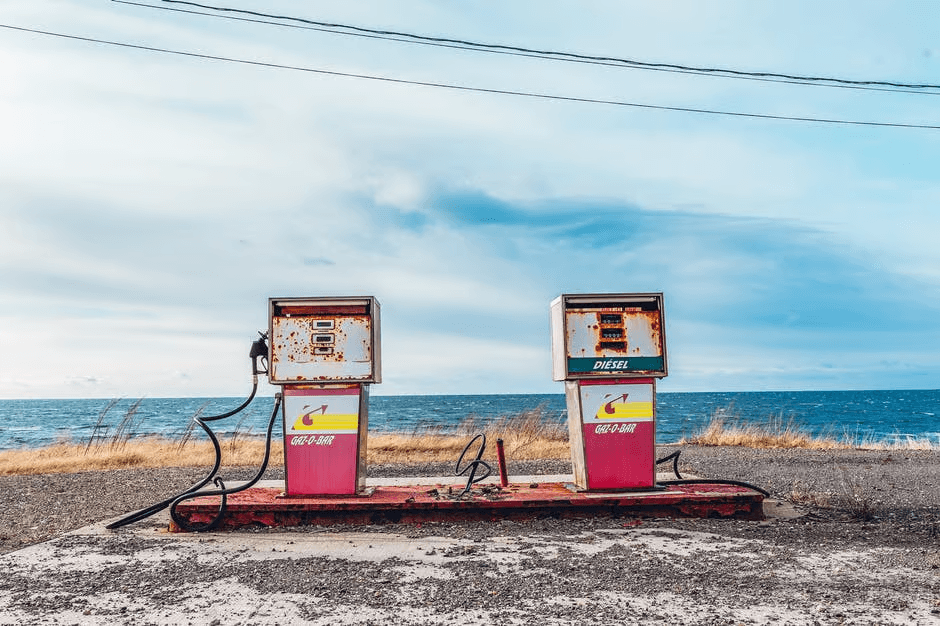
As a resident of Albuquerque, you likely rely on your vehicle to get you where you need to go. Whether you're commuting to work, running errands, or simply enjoying the city's scenic views, your car is an essential part of your daily routine. However, like any machine, your vehicle requires regular maintenance to keep it running smoothly and efficiently. One crucial aspect of car maintenance is gas station repair, which is often overlooked until it's too late. In this article, we'll explore the importance of regular gas station repair in Albuquerque and what you can do to ensure your vehicle is in top condition.
1. Preventative Maintenance is Key
Regular gas station repair is not just about fixing problems as they arise; it's about preventing them from happening in the first place. By performing routine maintenance tasks, such as oil changes, tire rotations, and brake pad replacements, you can identify potential issues before they become major problems. This not only saves you money in the long run but also reduces the risk of breakdowns and accidents. Get more details about Gas Station Repair Albuquerque on this page here.
2. Common Issues with Gas Stations
Gas stations in Albuquerque, like those across the country, are prone to various issues. From faulty pumps to clogged filters, these problems can cause delays, inconvenience, and even safety hazards. Some common issues include:
* Faulty pumps: These can cause inaccurate readings, leading to over- or under-fueling, which can result in costly repairs or even damage to your vehicle.
* Clogged filters: Dirty or clogged filters can reduce fuel efficiency, decrease engine performance, and even cause damage to your vehicle's engine.
* Leaking hoses: Cracked or worn-out hoses can cause fuel leaks, which can lead to fires or other safety hazards.
3. The Consequences of Neglecting Gas Station Repair
Neglecting gas station repair can have serious consequences for your vehicle and your safety. Some of the potential risks include:
* Breakdowns: Failing to address issues with your gas station can cause your vehicle to break down, leaving you stranded and vulnerable to the elements.
* Accidents: Faulty pumps or clogged filters can cause accidents, which can result in injuries, property damage, and even fatalities.
* Increased Costs: Ignoring gas station repair can lead to costly repairs down the line, which can be a significant financial burden.
4. How to Identify Potential Issues
So, how can you identify potential issues with your gas station? Here are a few tips:
* Monitor your vehicle's performance: Pay attention to any changes in your vehicle's performance, such as decreased fuel efficiency or unusual noises.
* Check your vehicle's maintenance records: Review your vehicle's maintenance records to ensure that all recommended maintenance tasks have been performed.
* Inspect your vehicle regularly: Regularly inspect your vehicle's exterior and interior to identify any signs of wear or damage.
5. What to Do if You Notice an Issue
If you notice an issue with your gas station, what should you do? Here are a few steps to follow:
* Turn off the pump: If you notice an issue with the pump, turn it off immediately to prevent any further damage.
* Contact a mechanic: Reach out to a trusted mechanic or repair shop to diagnose and fix the issue.
* Document the issue: Take photos and notes to document the issue, which can be helpful in case you need to file a claim or seek compensation.
6. The Benefits of Regular Gas Station Repair
Regular gas station repair offers numerous benefits, including:
* Improved Fuel Efficiency: Regular maintenance can help improve your vehicle's fuel efficiency, saving you money on gas and reducing your carbon footprint.
* Increased Safety: By addressing potential issues, you can reduce the risk of accidents and ensure your safety on the road.
* Extended Vehicle Life: Regular maintenance can help extend the life of your vehicle, reducing the need for costly repairs or replacements.
7. How to Find a Reputable Repair Shop
Finding a reputable repair shop is crucial when it comes to gas station repair. Here are a few tips to help you find a trustworthy mechanic:
* Ask for referrals: Ask friends, family, or coworkers for recommendations.
* Check online reviews: Research repair shops online and read reviews from other customers.
* Check certifications: Look for repair shops that are certified by organizations such as the Automotive Service Excellence (ASE).
8. The Cost of Gas Station Repair
The cost of gas station repair can vary depending on the issue and the repair shop. However, here are some general estimates:
* Oil changes: $20-$50
* Tire rotations: $20-$50
* Brake pad replacements: $100-$300
* Fuel pump replacements: $200-$500
9. Conclusion
Regular gas station repair is essential for maintaining your vehicle's performance, safety, and longevity. By performing routine maintenance tasks and addressing potential issues, you can reduce the risk of breakdowns, accidents, and costly repairs. Remember to monitor your vehicle's performance, check your maintenance records, and inspect your vehicle regularly to identify any signs of wear or damage. If you notice an issue, turn off the pump, contact a mechanic, and document the issue. By following these tips and finding a reputable repair shop, you can ensure your vehicle is in top condition and keep you safe on the road.